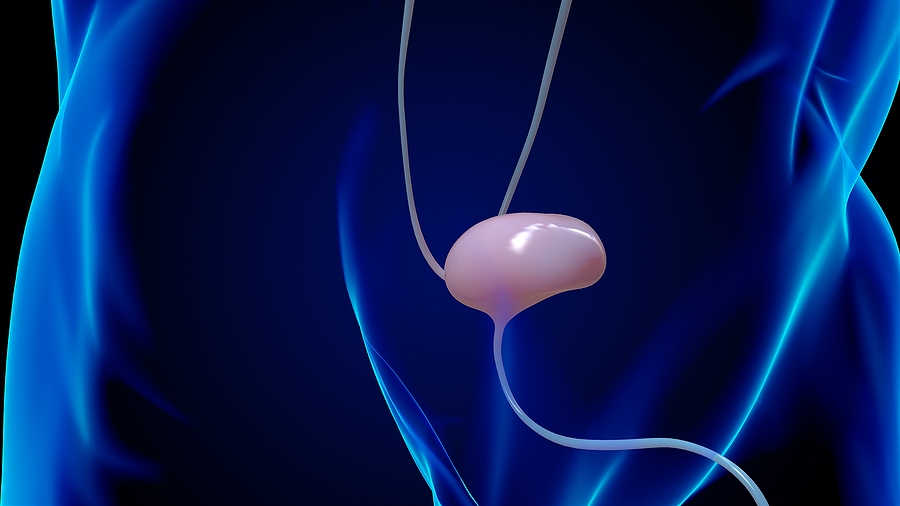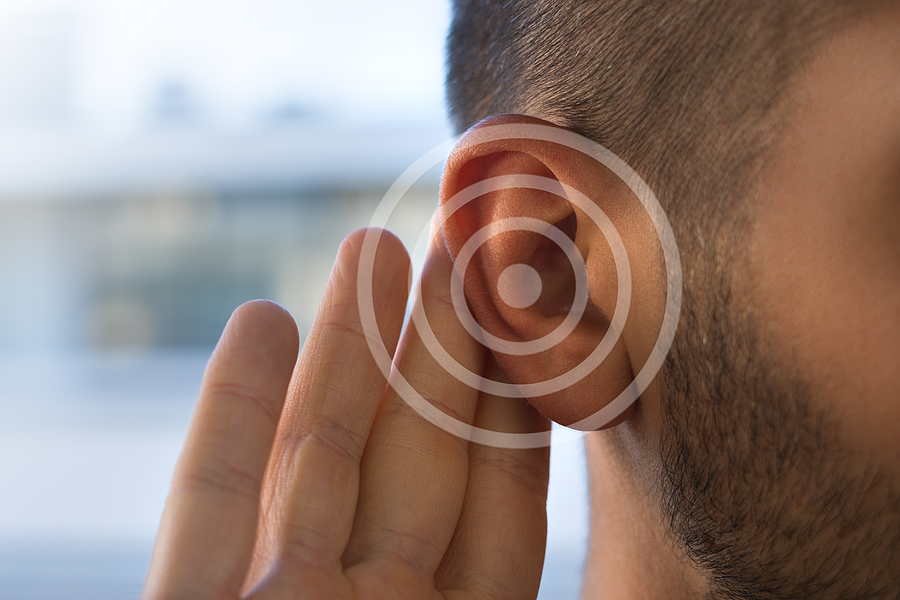CACI for Bladder Cancer – Bladder cancer ranks as the 10th most commonly diagnosed cancer in the world and accounts for about 1 in every 24 new cancers identified in the United States [1], [2].
The risk of diagnosis increases dramatically after age 55 and occurs more often in those with a history of smoking or exposure to certain workplace hazards [3]. Thankfully, treatment techniques and survival rates are very good.
The five-year survival rate for bladder cancer is close to 80% overall and about 97% for tumors that have not spread beyond the bladder lining [1].
Like its medical policies for other common malignancies with high survival rates and infrequent recurrence, the FAA takes a very reasonable approach to certifying pilots who have been successfully treated for bladder cancer.
For those who have only recently been diagnosed with bladder cancer, FAA medical certification might not be an option until you complete treatment. For those who are new or returning to aviation with a diagnosis that is well in the past, it might be a non-issue.
Knowing what your AME will need to consider during your flight physical before you attend your appointment could save you months of waiting for a certification decision.
You may be able to leave the past in the past
If you have read our other articles on cancer-related CACI conditions or browsed the FAA’s AME Guide, you may have already noticed a pattern. Many cancers that were treated long ago do not require detailed review by your AME or the FAA.
If you completed treatment for bladder cancer more than five years ago, the disease did not spread beyond your bladder, and you have no symptoms or other evidence that your disease has returned, your AME can issue your certificate without any additional review.
Ongoing issues or complications mean more FAA scrutiny
This should come as no surprise. The FAA’s policy recognized that bladder cancer is a very treatable disease with a low rate of recurrence and very good survivability.
However, if your disease has proven more challenging to treat, or your treatment is still ongoing, the FAA will require much more convincing that you are safe to fly.
If you have ever had bladder cancer cells identified outside your bladder, treatments such as radiation and chemotherapy are still ongoing, or there is any reason to suspect that your disease has recurred, qualifying for the medical certificate will be much more challenging and may not be possible at all.
Qualifying for a CACI
For everyone else, your AME can issue your medical certificate on the day of your exam without prior review by the FAA if you meet the following criteria:
- You are not currently treated with radiation or chemotherapy
- Your condition is stable
- There has been no spread of the disease outside our bladder at any time
- Your treatment is complete and no new treatment is recommended. Note: maintenance of Bacillus Calmette Guerin (BCG) or mitomycin IS allowed, but may not be used within 24 hours of flight.
- If you have had surgery, you are fully recovered, do note the required pain medication, and have been cleared to resume normal activities by your surgeon
Before your flight physical with your AME, you should meet with the doctor who manages your follow-up care or treats your bladder cancer. Ask them to prepare a current detailed clinical progress note that thoroughly addresses how your bladder cancer was diagnosed and treated.
A well-written note from your doctor that addresses each item above will allow your AME to issue your certificate.
Preparing for your exam
It’s worth repeating two of our mantras here. If you’re safe to fly based on an honest self-assessment, the FAA will most likely agree with you, but you will need to prepare for your flight physical for what it is – an examination. Treat it like you would any checkride or high-stakes test.
With the right preparation and documentation from your treating physicians, well-treated bladder cancer should not delay your medical certification whatsoever. Without that preparation, your AME may be forced to defer your exam to the FAA which could delay your application significantly.
If you’re unsure how a history of bladder cancer or any other ailment might affect your eligibility to hold an FAA medical certificate, visit our website to schedule a free consultation or complete our MedXPress simulator to have one of our Aerospace Medicine physicians review your medical history.
With the right preparation, the FAA’s medical application process should be predictable and efficient.
References
[1] “Cancer of the Urinary Bladder – Cancer Stat Facts,” SEER. https://seer.cancer.gov/statfacts/html/urinb.html (accessed Jun. 10, 2023).
[2] “Bladder cancer – IARC.” https://www.iarc.who.int/cancer-type/bladder-cancer/ (accessed Jun. 10, 2023).
[3] “Bladder Cancer Risk Factors | Risk for Bladder Cancer.” https://www.cancer.org/cancer/types/bladder-cancer/causes-risks-prevention/risk-factors.html (accessed Jun. 10, 2023).
Follow us on Facebook.com/wingmanmed





